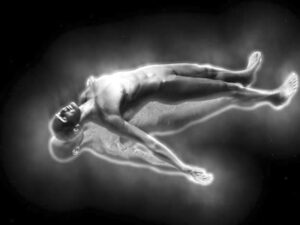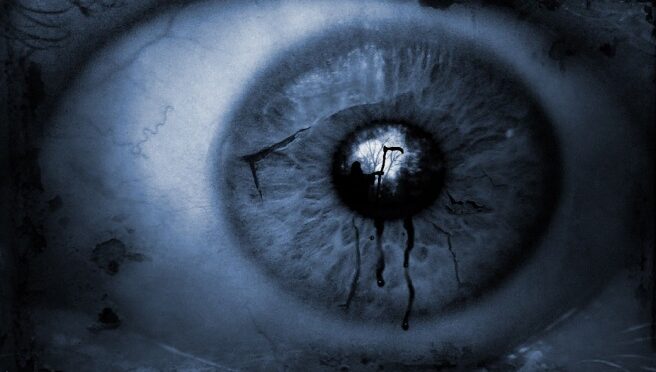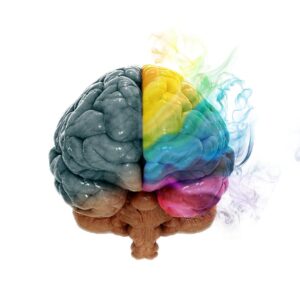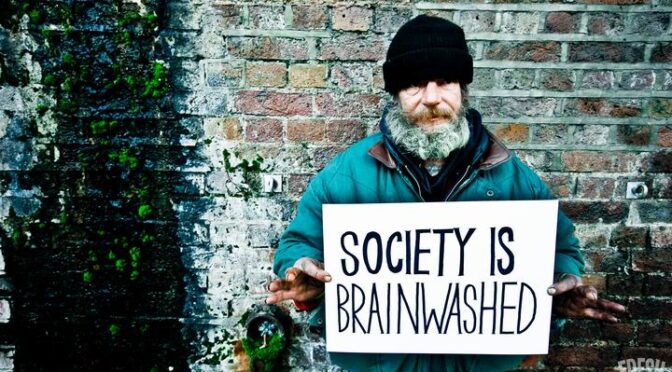Many of us have the feeling that there is something to near-death experiences and that perhaps consciousness could survive after brain-death. The problem is that no large-scale scientific studies have been conducted on the matter – until now.
The AWARE (AWAreness during REsuscitation) study, launched in 2008, looked in depth at over 2000 patients from 15 hospitals in the United Kingdom, United States and Austria who experienced cardiac arrest and were subsequently resuscitated. What they found was that almost 40% of those patients had experienced some kind of ‘awareness’ while being resuscitated, despite being clinically dead.
The study, led by Dr. Sam Parnia, from the State University of New York at Stony Brook, spanned four years. The results were published in December of last year. The scientist explained the modus operandi behind the research:
“Contrary to perception, death is not a specific moment but a potentially reversible process that occurs after any severe illness or accident causes the heart, lungs and brain to cease functioning. If attempts are made to reverse this process, it is referred to as ‘cardiac arrest’; however, if these attempts do not succeed it is called ‘death’. In this study we wanted to go beyond the emotionally charged yet poorly defined term of NDEs to explore objectively what happens when we die.”
 Many patients were removed from the study due to fatigue, incomplete interview, and death. However, there seem to be two particularly notable standouts from the study. Continue reading
Many patients were removed from the study due to fatigue, incomplete interview, and death. However, there seem to be two particularly notable standouts from the study. Continue reading













